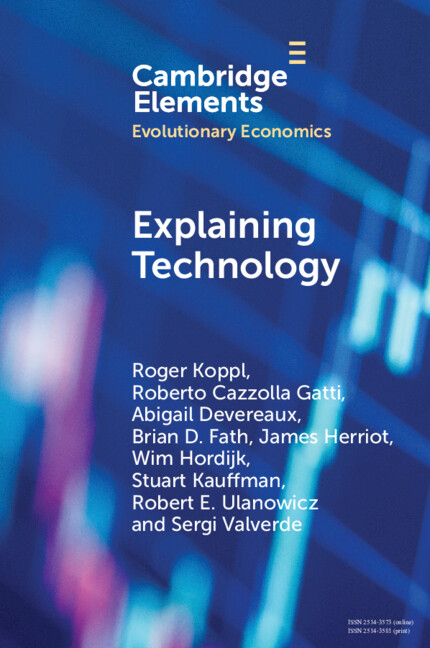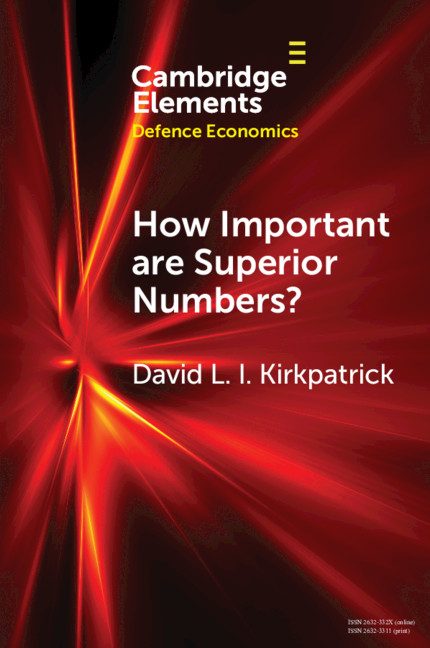U.S. Innovation Inequality and Trumpism
President Trump embraced economic populism centered on trade protectionism, restrictions on international capital and technology flows, and subsidies for American raw material providers and domestic manufacturers. More innovative US counties roundly rejected this economic paradigm: Voters in innovation clusters of all sizes and across the country repudiated Trumpism in both 2016 and 2020. Trump's tariffs and attacks on global supply chains, restrictions on visas for skilled foreign workers, and his overall hostility toward high-tech sectors threatened the innovative firms that motor these places' economies. Trump was different in degree but not kind from previous American populists such as Jennings Bryan and Perot: they too exploited innovation inequality, but were less successful because, before the digital revolution, the industrial organization of American technological progress was not rooted in vertically disintegrated global supply chains. Thus, populism may not only be about resentment toward elites and experts but threaten innovation.
Product details
February 2025Hardback
9781009461498
144 pages
229 × 152 × 10 mm
0.353kg
Available
Table of Contents
- 1. Introduction: Trumpism's take on innovation
- 2. Contextualizing Trumpism as populism
- 3. Geography of Trumpism in 2016
- 4. Theoretical framework
- 5. Why less innovation equals support for Trumpism
- 6. Setting the stage to test the theoretical framework's implications
- 7. Causal relationship between innovation and Trumpism, 2016
- 8. Innovation, president Trump, and the 2020 elections
- 9. The historical roots of innovation inequality and populism
- 10. Reflections on populism and polarization
- References.





